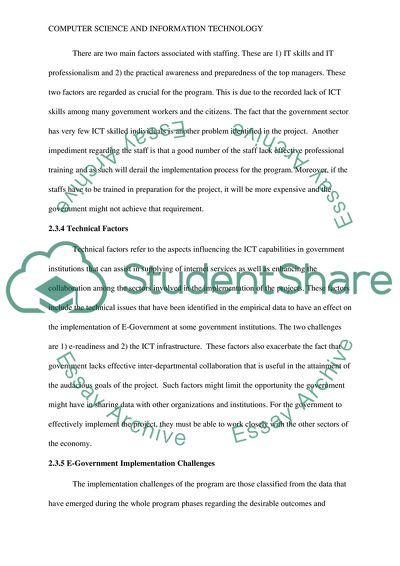Cite this document
(The E-Government Project Case Study Example | Topics and Well Written Essays - 1250 words, n.d.)
The E-Government Project Case Study Example | Topics and Well Written Essays - 1250 words. https://studentshare.org/information-technology/1844895-e-government
The E-Government Project Case Study Example | Topics and Well Written Essays - 1250 words. https://studentshare.org/information-technology/1844895-e-government
(The E-Government Project Case Study Example | Topics and Well Written Essays - 1250 Words)
The E-Government Project Case Study Example | Topics and Well Written Essays - 1250 Words. https://studentshare.org/information-technology/1844895-e-government.
The E-Government Project Case Study Example | Topics and Well Written Essays - 1250 Words. https://studentshare.org/information-technology/1844895-e-government.
“The E-Government Project Case Study Example | Topics and Well Written Essays - 1250 Words”. https://studentshare.org/information-technology/1844895-e-government.


